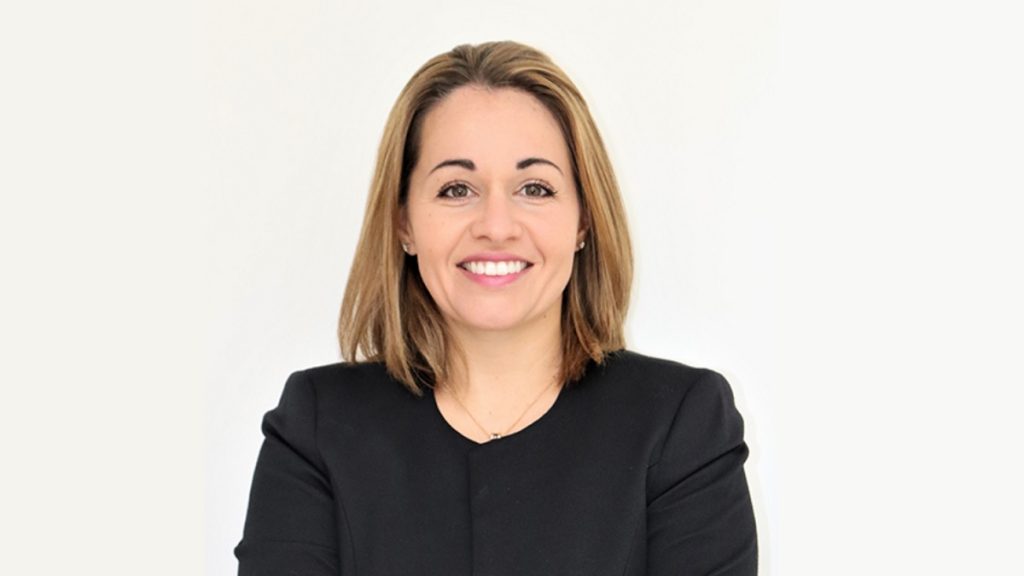One’s approach to managing a business has a tremendous impact on employee productivity, efficiency, and the overall performance of the organisation.
The approach of one business leader may drastically differ from another, and hence striking a balance between different management styles within an organisation is a tough challenge for any enterprise.
This is also the case for family businesses, where members of the leadership team often come from the same family, yet still bring different approaches to management to the table. Family businesses account for approximately 70 per cent of all businesses in Malta, and therefore it is vital for both the long-term future of their business and Malta’s economy that they operate as efficiently as possible.
Mark A. Aquilina, Founder of business advisory firm NOUV, on Wednesday addressed this issue, noting that varying management styles can be a “significant source of conflict” within family businesses.

While one family member may prefer a hands-on approach that requires them to oversee every detail in a close manner, another could be more inclined to delegate responsibilities to managers.
From his experience working with different businesses, he noticed that differences in management styles often resulted in misunderstandings and inefficiencies that had to be addressed.
Mr Aquilina proceeded to point out seven key solutions that have worked for family businesses in terms of helping them foster a collaborative and adaptive work environment that “leverages the strengths of all its members.”
Firstly, he noted that it is important for family businesses to adopt a flexible management structure, allowing for both hands-on and delegation-focused approaches. To do so, the leadership team needs to assign specific areas where each management style can be most effective.
He also remarked that roles and responsibilities should be clearly defined to avoid any misconceptions. “Define and document clear roles and responsibilities for each family member. Ensure everyone understands their duties and expectations,” Mr Aquilina continued.
While different management styles do come with their fair share of conflicts, business leaders need to strive to promote a culture of collaboration that views different approaches as “complementary rather than conflicting.”
Therefore, Mr Aquilina said that the management needs to hold regular team meetings to discuss progress and share insights.
Tied to this, he also emphasised the need to have a system through which family members can give and receive constructive feedback. Feedback and criticism need to be used “to make necessary adjustments and improve operations,” Mr Aquilina affirmed.
Additionally, training sessions to help family members understand different management styles and their benefits are necessary. “Encourage ongoing professional development to adapt to changing business needs,” he said.
Should different approaches still clash, family businesses need to establish transparent conflict resolution mechanisms. This could be helped by the inclusion of an external mediator or consultant to facilitate discussions. The importance of having a Non-Executive Director on the Board of Directors has also been emphasised in the past, with such individuals providing an external and wider view of the challenges a business is faced with.
Mr Aquilina stated that key to the above solutions is the regular use of performance metrics. These need to be used in order to “evaluate the effectiveness of different management styles objectively.”
In recent months, the need for local family businesses to have good corporate governance has repeatedly been pointed out, as failure to do so can place their long-term futures at risk.
Men still dominating Malta’s boardrooms
The gender imbalance across Malta’s corporate landscape remains striking.
Lara Falzon appointed CEO of Yolo Group’s B2B Brands
The experienced executive said the firm has 'enormous potential for innovation, strengthening partnerships and scaling across global markets'
Why The Phoenicia Malta is the perfect setting for summer events
The Phoenicia Malta blends five-star elegance with award-winning cuisine and exceptional hospitality to create the ideal setting for group events ...
Sophie-Ann Busuttil appointed Director at Luxury Living Technologies following tragic loss of her father
For the last two years she has served as head of the group’s Luxury Living Sustainable Hospitality Company.









